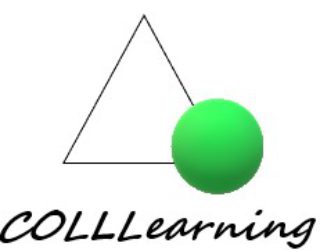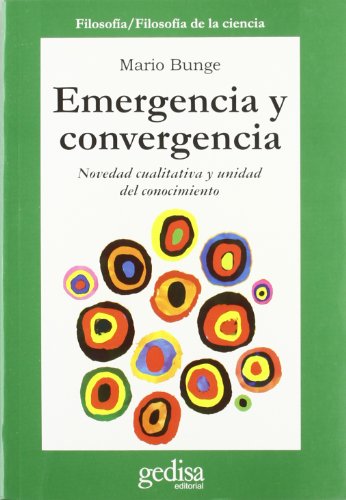BUNGE, Mario, Chasing Reality: Strife over Realism, Toronto, 2014 [2006]

BUNGE, Mario, Chasing Reality: Strife over Realism,
Toronto: Toronto University Press, 2014 [2006], pp. xiv + 384
(Toronto Studies of Philosophy).
ISBN 13: 978-14-4262-822-9 (paperback).
About the book (from the publisher)
Chasing Reality deals with the controversies over the reality of the external world. Distinguished philosopher Mario Bunge offers an extended defence of realism, a critique of various forms of contemporary anti-realism, and a sketch of his own version of realism, namely hylorealism. Bunge examines the main varieties of antirealism – Berkeley’s, Hume’s, and Kant’s; positivism, phenomenology, and constructivism– and argues that all of these in fact hinder scientific research.
Bunge’s realist contention is that genuine explanations in the sciences appeal to causal laws and mechanisms that are not directly observable, rather than simply to empirical generalisations. Genuine science, in his view, is objective even when it deals with subjective phenomena such as feelings of fear. This work defends a realist view of universals, kinds, possibilities, and dispositions, while rejecting contemporary accounts of these that are couched in terms of modal logic and ‘possible worlds’.

BUNGE, Mario, A la caza de la realidad. La controversia sobre el realismo,
Barcelona: Gedisa editorial, 2007, pp. 456.
ISBN 13: 978-84-9784-123-8 (rústica).



